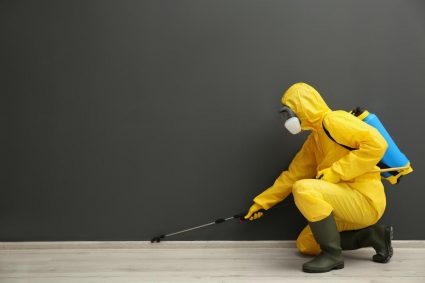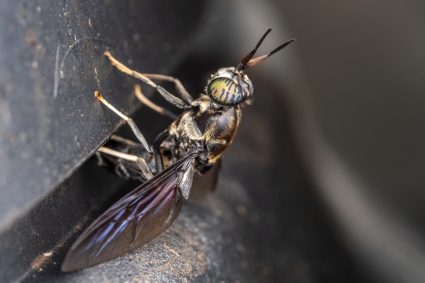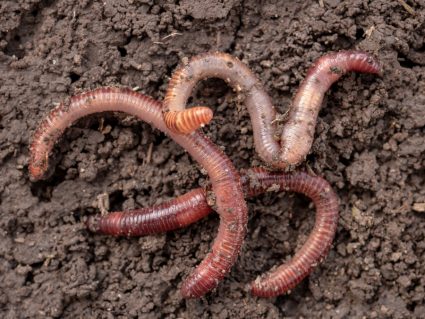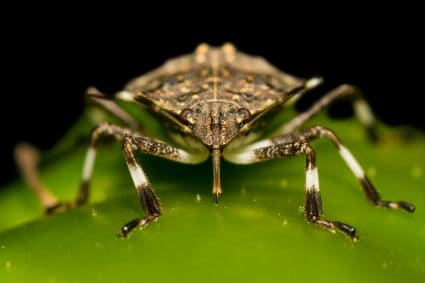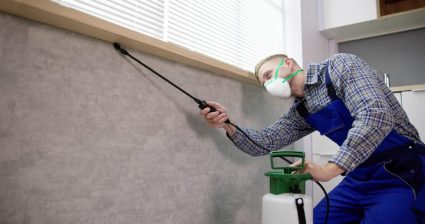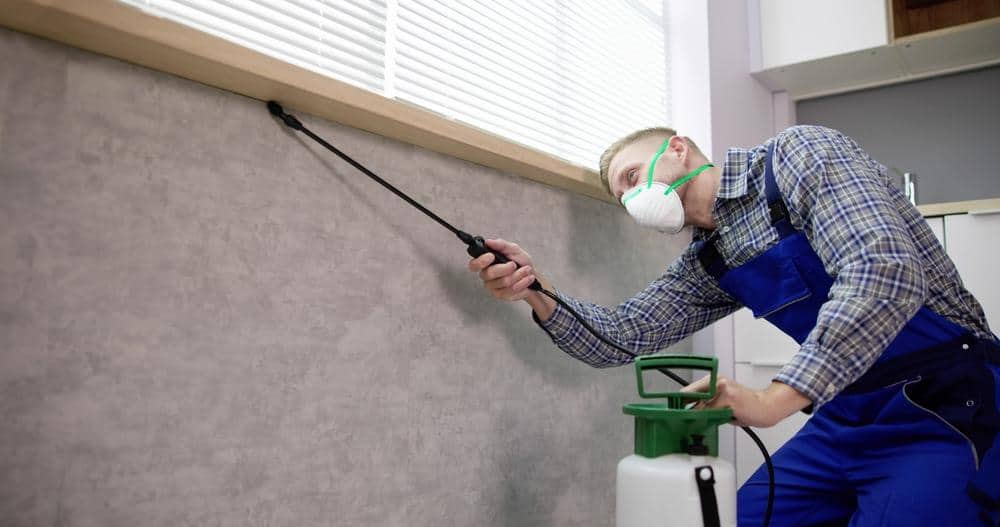
Centipedes, despite their creepy appearance, play a crucial role in the ecosystem. They help control populations of other pests in your home by feeding on spiders, flies, and other small insects. However, when the sight of them scurrying across your floor becomes too much to bear, it’s time to take action. One of the methods that have been touted as a way to kill centipedes is using dish soap. But does dish soap genuinely kill centipedes? Let’s delve into the details.
Yes, dish soap can kill centipedes. When mixed with water to create a soapy solution, it can block the pores through which centipedes breathe, leading to suffocation. However, it’s not the most effective or safest method for pest control, as it can harm plants, beneficial insects, and the environment. Other home remedies or professional pest control methods are usually more reliable and efficient.
What Are Centipedes?
Centipedes belong to the class Chilopoda and are distant cousins to insects, spiders, and crustaceans. They have elongated, segmented bodies, each segment boasting a pair of legs. The number of leg pairs varies from 15 to 191, depending on the species, and interestingly, it’s always an odd number.
Centipedes can be found in various habitats worldwide, including forests, grasslands, and deserts. However, they have a particular affinity for moist environments and are often found hiding under rocks, logs, and leaf litter. Centipedes are carnivorous and use their venomous front legs, or forcipules, to capture and paralyze their prey.
Can Dish Soap Kill Centipedes?
Yes, dish soap can kill centipedes, but it’s not the most effective or safest option for pest control. When centipedes come into contact with soapy water, the soap can potentially remove their protective coating, causing them to dry out. But, most dishwashing liquids today no longer contain soap but are detergents instead, which are not as effective against insects as true soaps.
To create a soapy solution that can kill centipedes, you can mix 1 part dish soap with 4 parts water in a spray bottle. Upon contact, the soapy solution will start to block the pores through which centipedes breathe, suffocating them.
The Science Behind Dish Soap’s Effect on Centipedes
The scientific explanation behind dish soap’s effect on centipedes is that it can block their breathing pores and remove their protective coating, leading to death by asphyxiation or drying out. However, it’s crucial to use true soaps or insecticidal soaps for pest control, as detergents found in most dishwashing liquids can harm plants as well.
The Potential Risks of Using Dish Soap Against Centipedes
While dish soap can be somewhat effective at killing centipedes, there are potential risks and side effects associated with its use. Dish soap is a powerful detergent that can strip the waxy layer off plant leaves, potentially causing damage. Moreover, homemade pesticide mixtures, like those containing dish soap, are not tested for safety and can pose unrealized risks.
Furthermore, the chemicals in dish soap can disrupt the balance of aquatic habitats, affecting the reproduction, respiration, feeding, and overall existence of aquatic life. Therefore, using dish soap against centipedes is not recommended due to the potential risks and side effects it poses to plants, humans, and the environment.
Other Effective Home Remedies
For those looking for a more natural approach to centipede control, consider using essential oils like tea tree or peppermint oil. Mix with water in a spray bottle and apply to areas where you’ve seen centipedes. Other options include using cayenne pepper or salt as deterrents, vinegar as a contact killer, and sticky traps for capturing centipedes.
Prevention is Better Than Cure
The best way to manage a centipede issue is to prevent an infestation in the first place. Reduce moisture in your home, remove clutter, eliminate their food source, seal entryways, and maintain a clean yard. By following these preventive measures, you can significantly reduce the chances of a centipede infestation in your home.
In Conclusion
While dish soap can be used to kill centipedes, it may not be the best or safest option. Other home remedies or professional pest control methods may prove to be more efficient and reliable for controlling centipede infestations. If you choose to use dish soap, remember to do so responsibly to minimize potential harm to plants, beneficial insects, and the environment.
Frequently Asked Questions
Can centipedes harm humans?
While centipedes do have venomous front legs, they usually reserve these for their prey. A bite from a centipede to a human is rare and typically only occurs when they feel threatened. While the bite can be painful and cause temporary localized swelling, it is generally not dangerous unless the person is allergic.
Where do centipedes typically hide in a house?
Centipedes prefer dark, damp environments. In a house, they can often be found in basements, bathrooms, closets, or any other area that is humid and less frequented by humans.
How quickly can a centipede infestation spread?
Centipedes reproduce slowly compared to other pests, so an infestation does not spread very rapidly. However, if the conditions in your home are favorable (moist and plenty of food source), the population can gradually increase over time.
Can I use any dish soap to kill centipedes?
Not all dish soaps are created equal when it comes to killing centipedes. Traditional soaps can be more effective as they can strip away the protective coating of the centipede. However, most modern dish soaps are actually detergents and may not be as effective.
Are there any commercial products specifically designed to kill centipedes?
Yes, there are commercial insecticides available that are designed to kill centipedes. These can be found in most hardware stores or online. Always remember to use these products as directed by the manufacturer to ensure safety and effectiveness.

